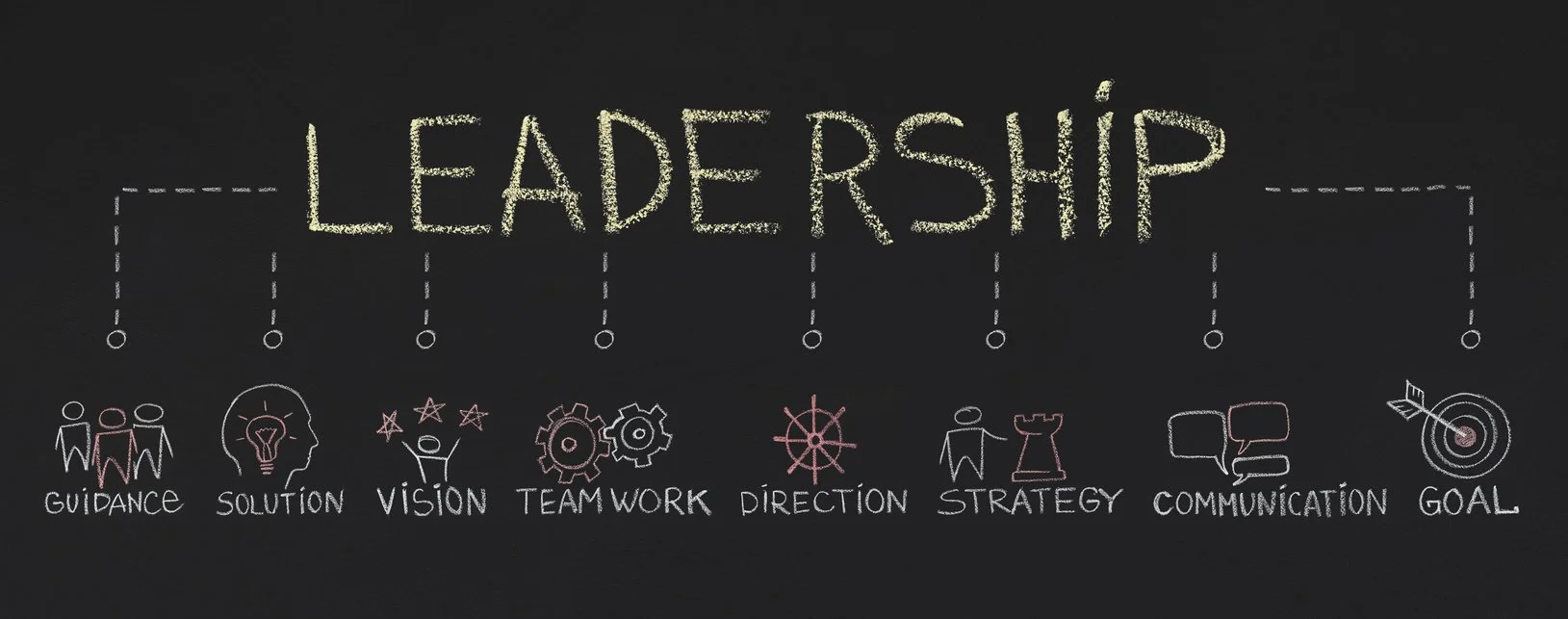Future Policing Leadership
In this section, we explore how the future of leadership in policing will be determined by multiple factors, including technological advances, generational shifts, demographic changes and an increasingly polarized sociopolitical climate. New technologies such as artificial intelligence (AI) and drones provide unprecedented tools for law enforcement; yet their ethical dilemmas related to privacy and civil liberties present ethical quandaries that police leaders must navigate carefully. Furthermore, the changing generational composition within police forces - which includes more and more Millennials and Gen Z members - will engender different attitudes regarding authority, technology, community engagement as they adjust. Finally, our increasingly diverse society demands that police leaders navigate complex ethical and social terrain within society if they wish to lead successfully.
Future police leaders will need a diverse skill set that goes far beyond traditional law enforcement capabilities. Adaptability will be essential, given the rapid changes in technology, laws and social norms; ethical leadership will become increasingly necessary as new technologies are implemented and evaluated; communication skills are vital not only for community engagement but also in managing an intergenerationally diverse workforce; while emotional intelligence, cultural competence and a global awareness will enable leaders to navigate modern policing more successfully.
Overall, police leadership will become far more complex as we advance through the 21st century due to technological, demographic and sociopolitical shifts. Leaders who can adjust to these shifts while upholding ethical standards and increasing community engagement will be best equipped for meeting future challenges. They should not only be skilled crime fighters but also ethical pillars, innovative thinkers and diplomats who can build bridges within teams as well as across their diverse communities they serve.

Redefining the Role of Police Chief: Crisis Leadership in an Era of Federal Pressure and Public Scrutiny
In today’s volatile social and political climate, the role of the police chief is undergoing a profound transformation. No longer defined solely by tactical command and departmental discipline, the modern chief must master strategic legitimacy, constitutional fluency, and community trust-building. As federal immigration actions intensify and public scrutiny escalates, police leaders are expected to navigate legal gray zones, manage crises in real time, and communicate across divided audiences—all while maintaining nonpartisan credibility. This article explores how the evolving demands of leadership are reshaping the expectations placed on chiefs, and why these emerging competencies are no longer optional—they’re essential for sustaining trust and legitimacy in 21st-century policing.

